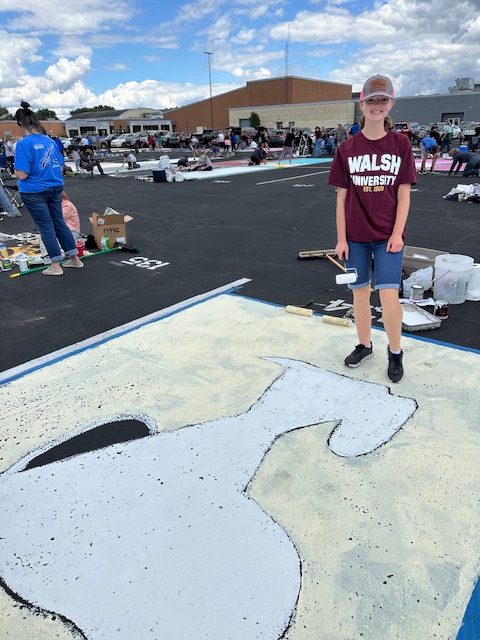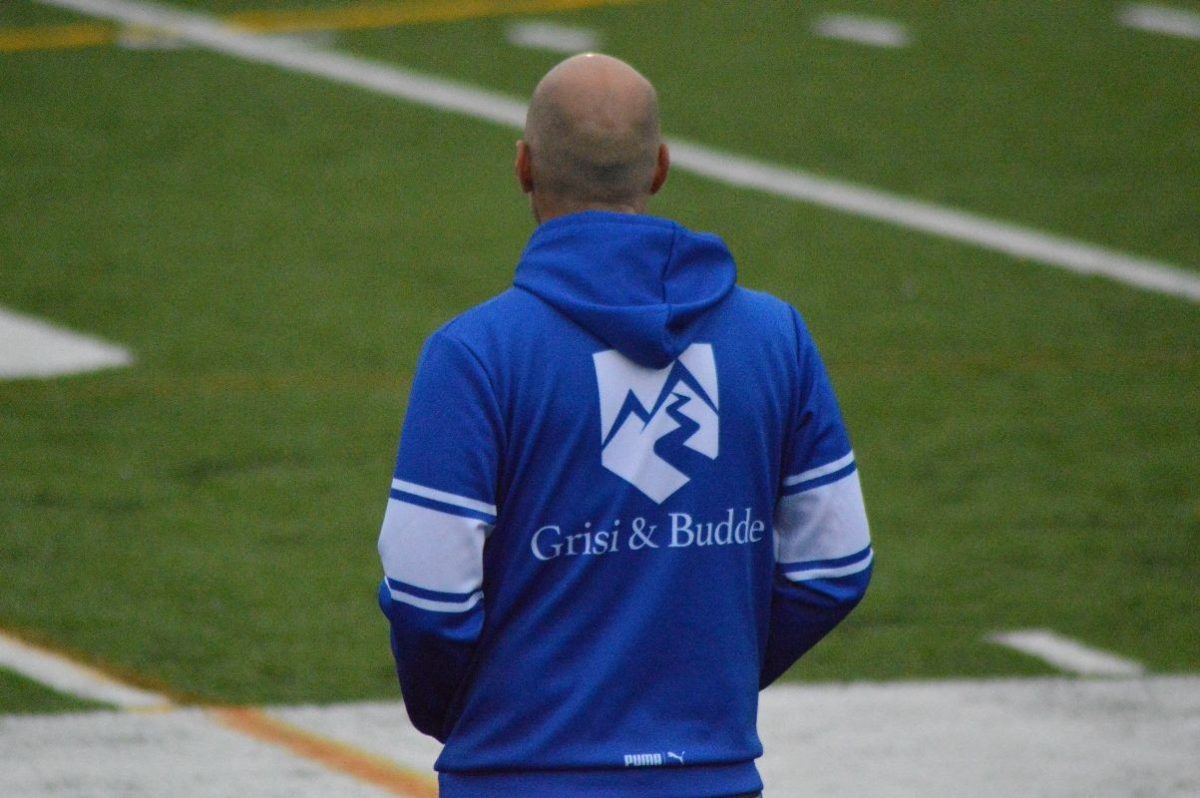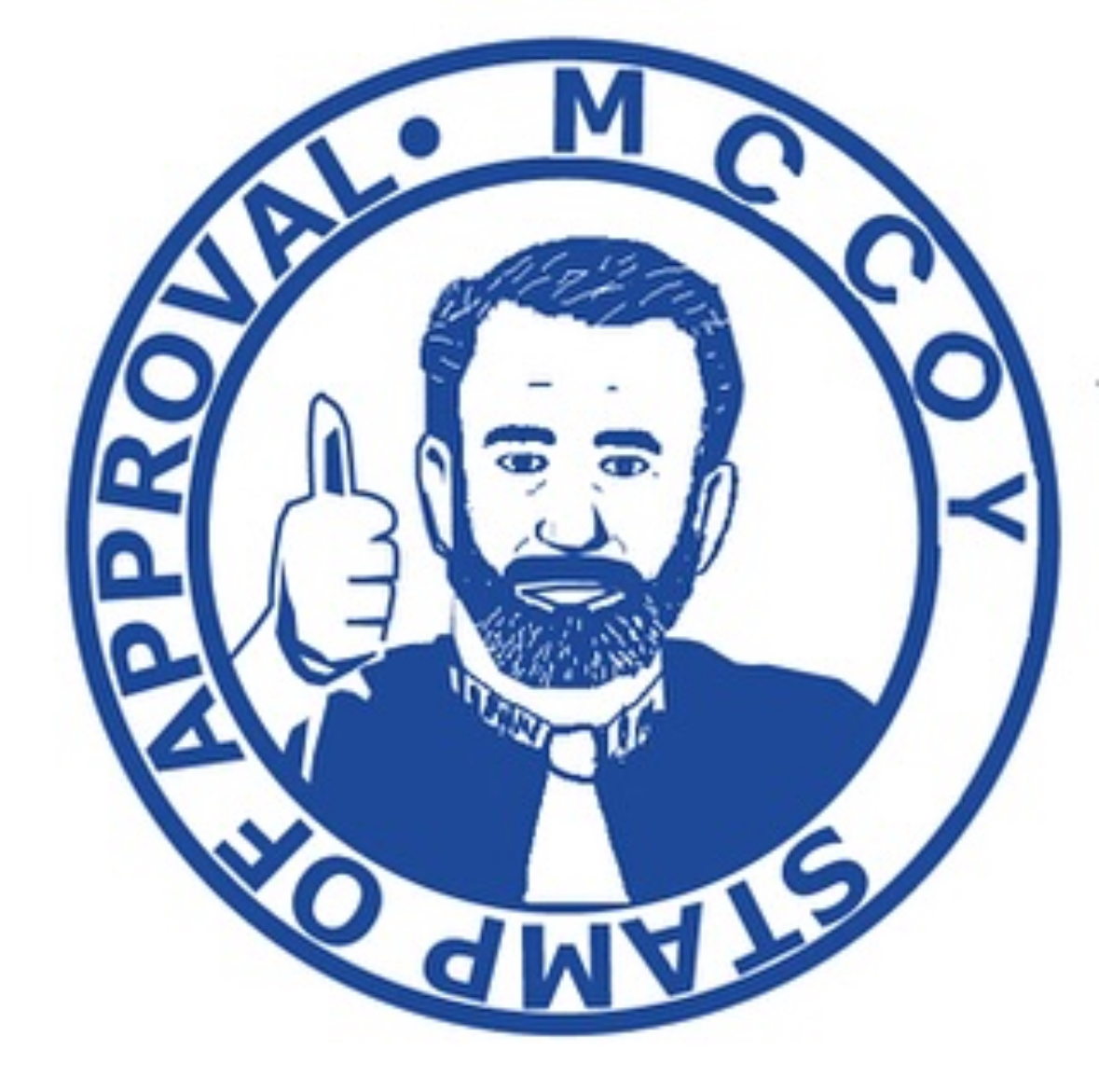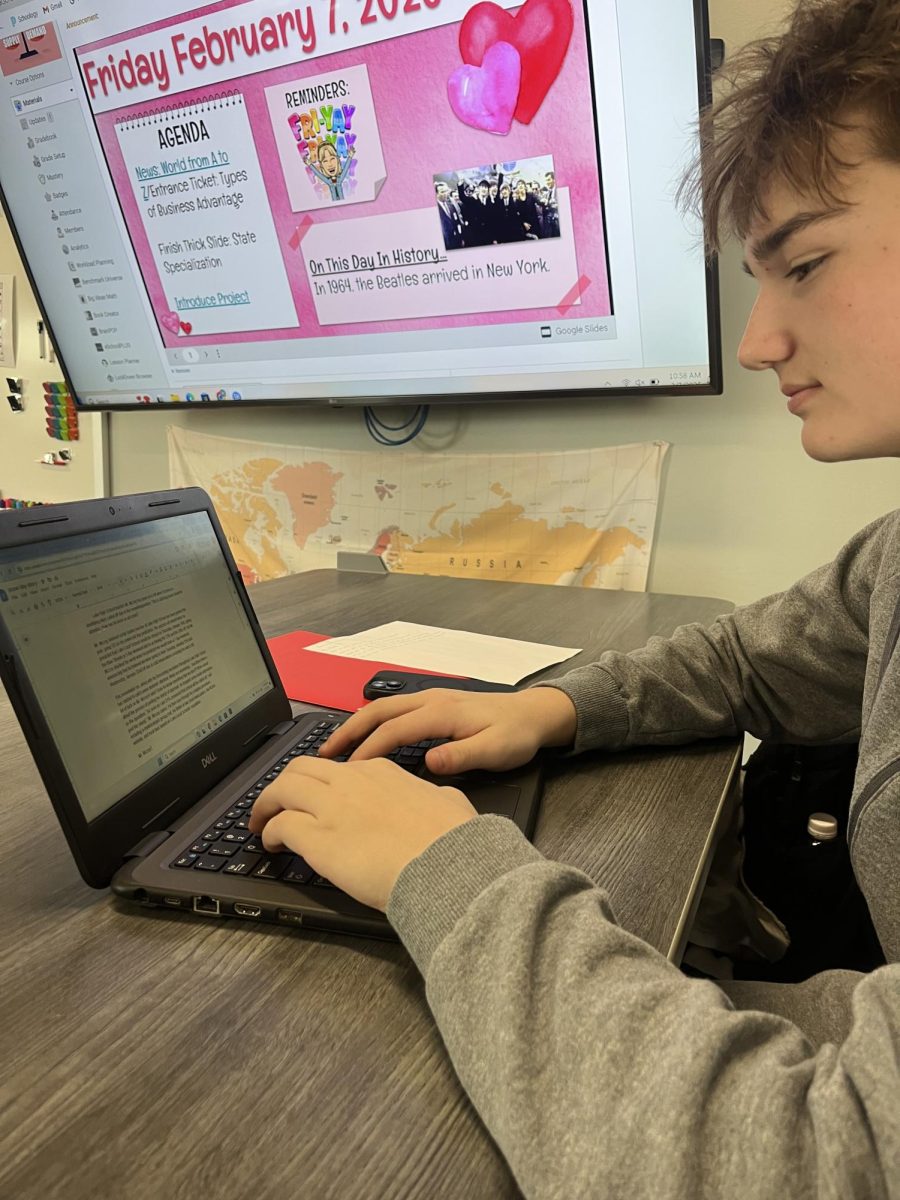College-Bound: Tips for Taking Steps Toward Success
What you need to know about college applications.
January 5, 2023

From the moment students enter their freshman year, their eyes are drawn to one object on the distant, daunting horizon: college. It’s an intimidating vision, and the process of applying to college is certainly a difficult one. Nonetheless, hundreds of Lake graduates each year go on to study at an undergraduate institution. Success is well within reach, especially when students take the reins and put in the work to get there. Students can improve their chances of success with college applications by following some key tips and advice.
The most general struggle of applying to college is confusion—regarding the requirements, the process, and even the unfamiliar jargon that pervades it. Students likely begin with only shallow knowledge of terms such as deferral, Early Decision, or waitlist in this new context. Though unappealing, students hoping to get the most out of their applications will need to commit themselves to a bit of research. Visiting the CollegeBoard College Admission Glossary and similar resources provided by their BigFuture program can be extremely helpful in grasping the basics. Simply being aware of the vocabulary used by the majority of forms and resources can be a great help to students battling confusion.
When approached about sharing her most critical advice, LMHS counselor Mrs. Stuffel asserted, “Start early.” She elaborated that oftentimes deadlines will sneak up on students, and they experience frustration and miss opportunities because of it. Even rushing to meet deadlines at the last minute frequently creates problems, as many students are unaware of common days-long waiting periods for several parts of the process. It is vital for students to get the ball rolling early on, to be aware of each component necessary for their applications, and to set themselves up for success. In the fall, when seniors get swept up in the chaos of school, they will be grateful for having saved themselves the time, stress, and frustration by starting early.
In terms of recommendation letters, students can start early by giving recommenders at least a month of leeway, but also by building genuine relationships with their teachers, counselors, arts instructors, and coaches throughout high school. This advice was corroborated by Mrs. Stuffel, who recommended, “Build relationships with your counselors and teachers.” Often, she added, students overlook their counselors in this process, whose letters of recommendation are frequently required by schools. The recommender’s familiarity with a student is vital to an effective, impressive recommendation. By no means should students seek out superficial relationships solely for the purpose of college applications, but they should understand the importance of building and maintaining these positive connections.
Applying to college is tedious, frustrating, and difficult. However, millions of students each year come out on top. In truth, the single most vital piece of advice for current and future applicants is to breathe. Set yourself up for success, save yourself as much stress as possible, and seek help from others as much as you need. You don’t need to lose hair, sleep, or years of your life in the stress of getting into college. Trust yourself and trust the process; remember that things can, and will, work out in the end.

























